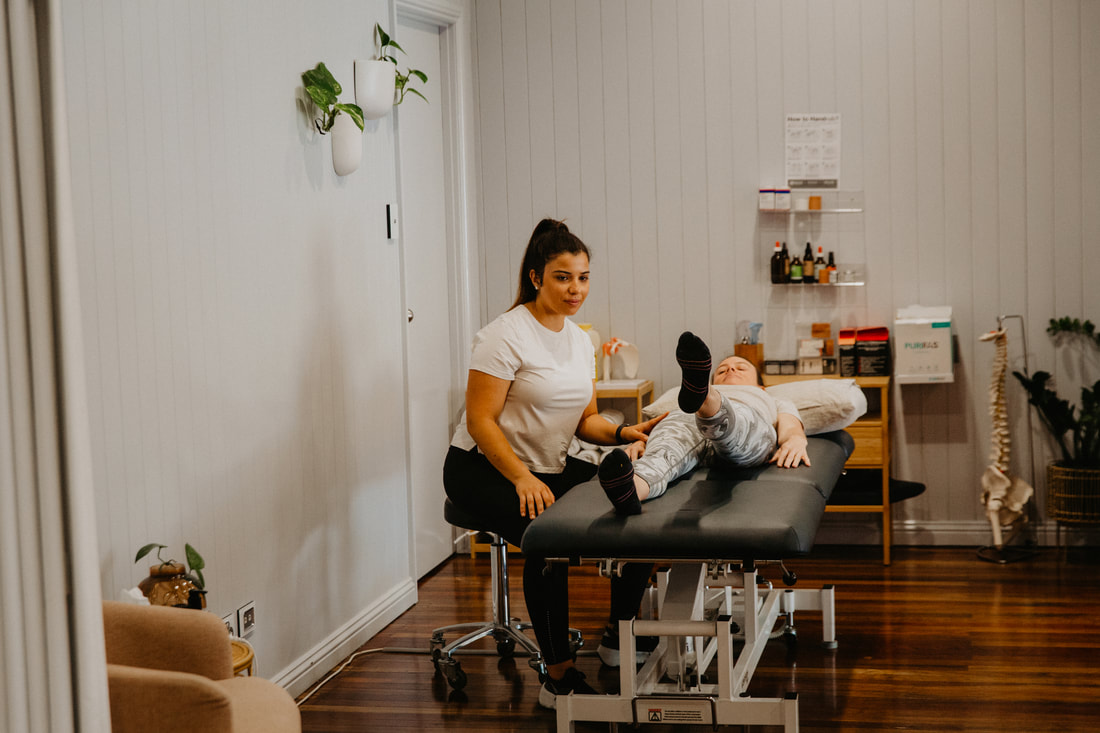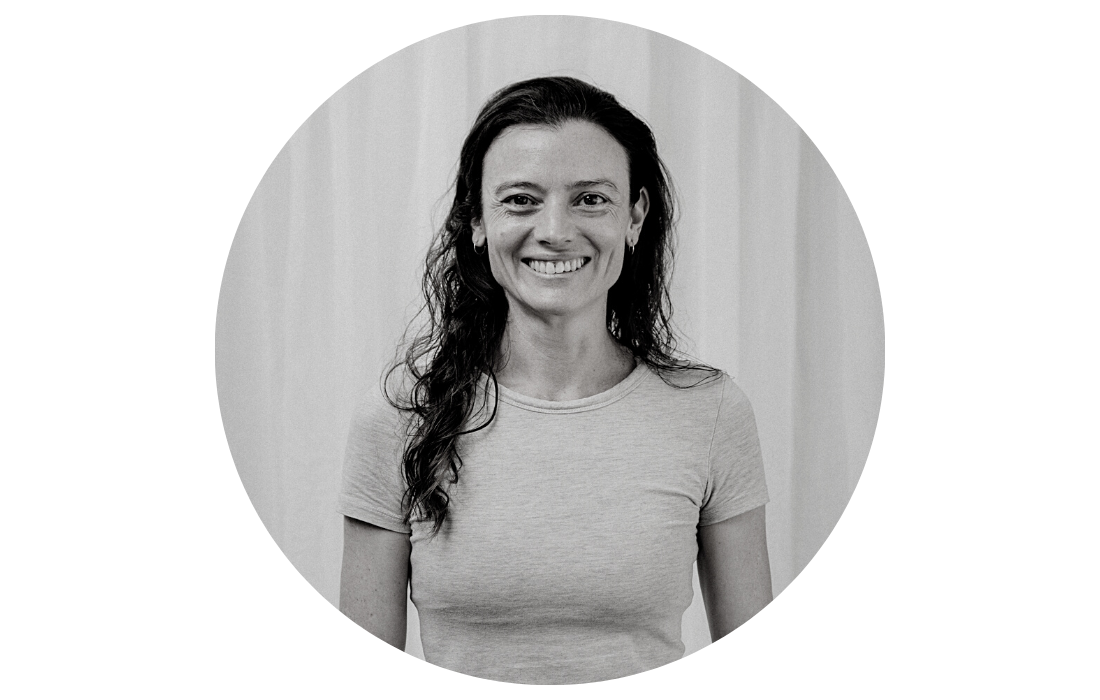Balance and Coordination Physiotherapy Brisbane Southside.
What are Balance and Coordination Issues?
Balance and coordination issues refer to the inability to maintain a controlled body position while upright or moving. Balance is the process of maintaining one's centre of mass (body weight) within their base of support (over the feet). Coordination involves smoothly and efficiently executing complex movements such as walking, changing directions, turning or standing up. Clinically reduced or poor coordination is termed ataxia.
What Causes Balance and Coordination Issues?
These issues can stem from a range of factors:
How are Balance and Coordination Issues Diagnosed?
The diagnostic process typically involves:
How can Physiotherapy Help with Balance and Coordination Issues?
Physiotherapy offers an individualised approach to tackle balance and coordination challenges:
How can Clinical Pilates Help with Balance and Coordination Rehabilitation?
Clinical Pilates provides a holistic method to address these issues:
What is the Prognosis for Balance and Coordination Issues?
Prognosis varies based on the underlying cause. While age-related changes are irreversible, training and physiotherapy can help manage symptoms, slow down the progression of balance loss and improve the quality of life. For conditions like vestibular neuritis, most individuals recover with treatment. Ongoing physiotherapy can play a vital role in improving and maintaining balance and coordination, regardless of the cause.
Tips for Managing Balance and Coordination Issues at Home:
Call us on 07 3706 3407 or email [email protected] for a booking. We would love to work with you.
Balance and coordination issues refer to the inability to maintain a controlled body position while upright or moving. Balance is the process of maintaining one's centre of mass (body weight) within their base of support (over the feet). Coordination involves smoothly and efficiently executing complex movements such as walking, changing directions, turning or standing up. Clinically reduced or poor coordination is termed ataxia.
What Causes Balance and Coordination Issues?
These issues can stem from a range of factors:
- Neurological Conditions: Such as Parkinson's disease, multiple sclerosis, or stroke.
- Head Injuries: Concussions or traumatic brain injuries can impact balance and coordination.
- Inner Ear Problems: Disorders like Meniere's disease or vestibular neuritis can lead to dizziness and balance problems.
- Medications: Some medications have side effects affecting balance or coordination.
- Age-Related Changes: As we age, changes in vision, hearing, muscle strength, and reaction times can affect balance and coordination.
How are Balance and Coordination Issues Diagnosed?
The diagnostic process typically involves:
- Medical History: Understanding the onset, nature, and progression of symptoms.
- Physical Examination: Assessing walking patterns, stance, and ability to perform coordinated movements.
- Neurological Examination: Checking reflexes, strength, and sensation.
- Balance Testing: Special tests to evaluate the inner ear and balance function.
- Imaging: Like MRIs or CT scans to rule out structural problems.
How can Physiotherapy Help with Balance and Coordination Issues?
Physiotherapy offers an individualised approach to tackle balance and coordination challenges:
- Gait and Balance Training: Exercises and strategies to improve walking patterns and enhance stability.
- Strength Training: Focusing on muscles that support balanced movement.
- Vestibular Rehabilitation: Techniques to address inner ear issues causing dizziness or imbalance.
- Functional Training: Tailored exercises that mimic daily activities, enhancing independence and safety.
How can Clinical Pilates Help with Balance and Coordination Rehabilitation?
Clinical Pilates provides a holistic method to address these issues:
- Core Strengthening: A strong core is vital for maintaining balance and supporting coordinated movement.
- Proprioception Enhancement: Pilates exercises enhance body awareness in space.
- Controlled Movements: Precision-focused exercises involving several muscle groups help improve coordination. Majority of training can be performed in lying or seated positions making it very safe for an impaired balance.
- Functional Adaptations: Pilates can be adapted to address specific balance and coordination challenges an individual might face.
What is the Prognosis for Balance and Coordination Issues?
Prognosis varies based on the underlying cause. While age-related changes are irreversible, training and physiotherapy can help manage symptoms, slow down the progression of balance loss and improve the quality of life. For conditions like vestibular neuritis, most individuals recover with treatment. Ongoing physiotherapy can play a vital role in improving and maintaining balance and coordination, regardless of the cause.
Tips for Managing Balance and Coordination Issues at Home:
- Use non-slip mats in bathrooms.
- Ensure adequate lighting, especially in staircases.
- Use handrails or grab bars where necessary.
- Keep floors clear of clutter to reduce the risk of tripping.
- Wear supportive footwear.
Call us on 07 3706 3407 or email [email protected] for a booking. We would love to work with you.
Who to book in with:
Yulia Khasyanova
|
Monica Hanna
|
Emma Cameron
|



